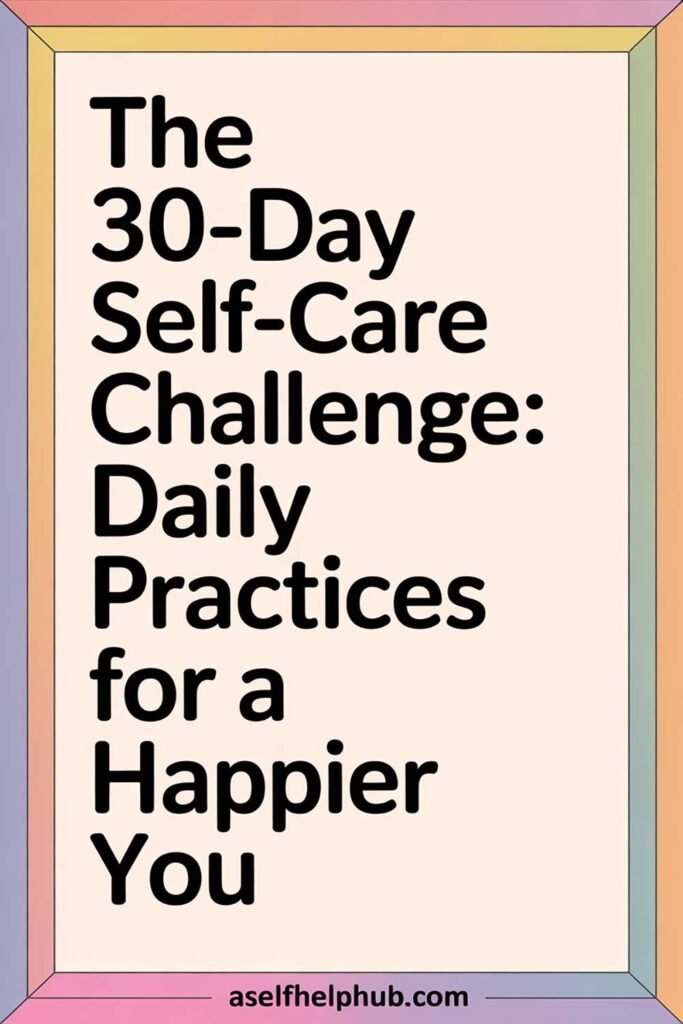15 Ways to Increase Your Financial Literacy
Financial literacy is the foundation for a secure and empowered future. It influences every aspect of your life—from managing your monthly budget to investing for retirement. Whether you’re just getting started or want to deepen your understanding, improving your financial literacy is one of the most powerful steps you can take toward financial independence.

In this guide, you’ll discover 15 actionable ways to increase your financial literacy, complete with real-life examples and strategies you can start today.
1. Read Personal Finance Books
Books are one of the most accessible and affordable tools to understand money management.
Example:
After reading The Total Money Makeover by Dave Ramsey, Maria finally created a budget, paid off her credit cards, and started saving consistently.
Tip: Start with classics like Rich Dad Poor Dad, Your Money or Your Life, or The Millionaire Next Door.
2. Listen to Finance Podcasts
Podcasts turn idle time into financial learning.
Example:
Jake listened to The Ramsey Show and BiggerPockets during his commute and learned how to invest in real estate and build an emergency fund.
Tip: Subscribe to 2-3 reputable finance podcasts and listen weekly.
3. Take Free Online Courses
Platforms like Coursera, Khan Academy, and Udemy offer courses on budgeting, investing, and credit management.
Example:
Tasha took a free course on Coursera and finally understood compound interest, leading her to open a Roth IRA.
Tip: Look for beginner courses that cover personal finance basics.
4. Use Budgeting Apps
Budgeting apps offer real-time awareness of your finances.
Example:
Chris started using YNAB (You Need a Budget) and cut his monthly spending by $300 within 60 days.
Tip: Try Mint, YNAB, or EveryDollar to find what works best for you.
5. Follow Financial Experts on Social Media
Your feed can teach you if you follow the right voices.
Example:
Lena followed finance creators on Instagram and TikTok, picking up tips on sinking funds, investing, and building credit.
Tip: Search hashtags like #DebtFreeCommunity or #MoneyTips.
6. Join Personal Finance Communities
Surrounding yourself with others on the same journey keeps you accountable.
Example:
Derek joined Reddit’s r/personalfinance and learned how to negotiate his salary using scripts others had shared.
Tip: Join Facebook groups or forums for support and advice.
7. Start a Budget and Track Expenses
You can’t improve what you don’t track.
Example:
Nina tracked her spending for 60 days and realized she spent $400 on fast food. She cut back and reallocated that money to savings.
Tip: Review your expenses weekly. Adjust often.
8. Build Your Credit Knowledge
Understanding credit can save you thousands on interest.
Example:
Anthony learned how credit scores work and boosted his from 580 to 720 by paying down utilization and setting up autopay.
Tip: Read your credit report annually and dispute inaccuracies.
9. Learn How to Invest
Investing isn’t just for the wealthy. The earlier you start, the more you earn.
Example:
Samantha opened a Roth IRA at age 24 and invested in low-cost index funds. After five years, she saw a 35% return.
Tip: Start small, automate contributions, and focus on long-term growth.
10. Understand Your Employee Benefits
Many people leave money on the table by ignoring workplace benefits.
Example:
Tyler realized he wasn’t contributing to his 401(k) or using his HSA. After enrolling, he reduced his taxable income and started saving for retirement.
Tip: Meet with HR to understand your full benefits package.
11. Set Financial Goals and Review Them Quarterly
Goals give your money a purpose.
Example:
Julia set a goal to save $10,000 for a down payment in 18 months. She tracked progress monthly and hit her goal early.
Tip: Use SMART goals (Specific, Measurable, Achievable, Relevant, Time-bound).
12. Read Financial News and Trends
Understanding economic trends helps you make smarter decisions.
Example:
Brandon started reading CNBC and The Wall Street Journal. It helped him better time his investments and understand inflation.
Tip: Stay informed, but avoid panic investing based on headlines.
13. Play Financial Literacy Games or Simulations
Learning by doing helps concepts stick.
Example:
Kids and adults alike benefit from games like Cashflow or apps like Finances Explained.
Tip: Explore games like Monopoly or use online budgeting simulators.
14. Meet With a Financial Coach or Advisor
Sometimes personal guidance makes all the difference.
Example:
Sandra met with a financial coach who helped her organize debt repayment, boosting her confidence and credit score.
Tip: Look for fiduciary advisors or nonprofit financial counselors.
15. Teach Others What You Learn
Explaining concepts helps you master them.
Example:
Marco started a finance blog to share what he was learning. It became a source of accountability and side income.
Tip: Share with friends, write online, or post on social media.
🌟 20 Inspirational Quotes About Financial Literacy and Wealth Wisdom
- “An investment in knowledge pays the best interest.” – Benjamin Franklin
- “Financial peace isn’t the acquisition of stuff. It’s learning to live on less than you make.” – Dave Ramsey
- “Beware of little expenses. A small leak will sink a great ship.” – Benjamin Franklin
- “Your habits will determine your future.” – Jack Canfield
- “The best way to predict your future is to create it.” – Peter Drucker
- “The goal isn’t more money. The goal is living life on your terms.” – Chris Brogan
- “Time is more valuable than money. You can get more money, but you cannot get more time.” – Jim Rohn
- “Budgeting isn’t about limiting yourself—it’s about making room for the things that matter.” – Unknown
- “A budget is telling your money where to go instead of wondering where it went.” – John C. Maxwell
- “Money, like emotions, is something you must control to keep your life on the right track.” – Natasha Munson
- “Being rich is having money; being wealthy is having time.” – Margaret Bonnano
- “The key to financial success is knowledge, not luck.” – Unknown
- “Success is the sum of small efforts repeated day in and day out.” – Robert Collier
- “You must gain control over your money or the lack of it will forever control you.” – Dave Ramsey
- “Do not save what is left after spending, but spend what is left after saving.” – Warren Buffett
- “Wealth consists not in having great possessions, but in having few wants.” – Epictetus
- “Know what you own, and know why you own it.” – Peter Lynch
- “Live like no one else now, so you can live like no one else later.” – Dave Ramsey
- “Money flows to those who manage it well.” – T. Harv Eker
- “Start where you are. Use what you have. Do what you can.” – Arthur Ashe
📸 Picture This
Imagine sitting down at your kitchen table, logging into your bank and investment accounts. You feel calm, clear, and confident. Your bills are paid, your savings are growing, and you’re on track with your goals. You understand your finances, and they no longer control you—you control them. That’s the power of financial literacy.
So ask yourself:
What could your life look like if you truly understood how money works?
📣 Please Share This Article
If this article helped you, share it with someone you care about. Let’s raise financial literacy together and empower more people to live free and full lives.
⚠️ Disclaimer
This article is for informational and educational purposes only. It reflects personal experiences and general financial advice. Please consult a licensed financial advisor for guidance specific to your situation. Results may vary.






